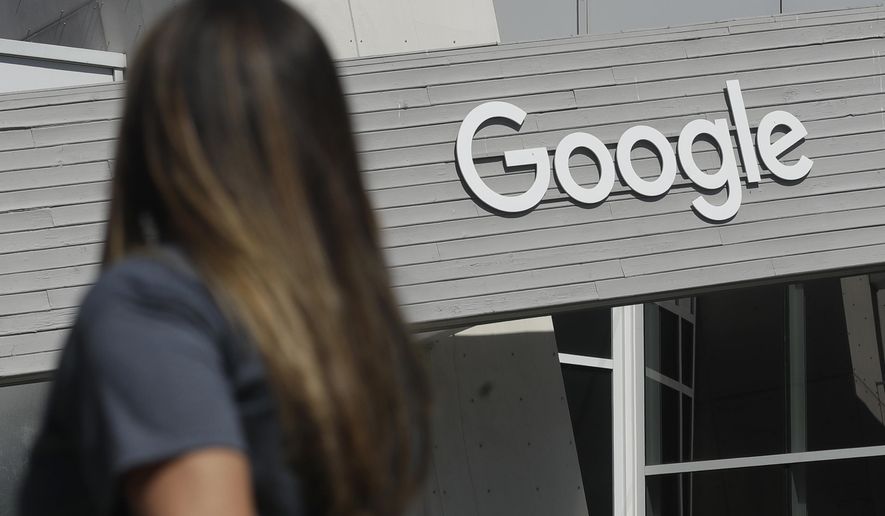A directive that limits the number of White and Asian students universities can nominate for a highly sought-after Google fellowship may be in violation of civil rights law, according to a report.
The Washington Free Beacon reported Tuesday that Google’s Ph.D. Fellowship allows participating universities to nominate four Ph.D. students each year.
“If a university chooses to nominate more than two students, the third and fourth nominees must self-identify as a woman, Black / African descent, Hispanic / Latino / Latinx, Indigenous, and/or a person with a disability,” Google’s criterion says, according to the Free Beacon.
The fellowship gives the selected computer-scientist students $100,000. The outlet reported that the rule has been in place since at least April 2020.
Universities that have nominated students in that time frame are a veritable who’s-who of elite institutions — Harvard, Yale, Duke, Princeton, Stanford, Cornell and Johns Hopkins, to name a few.
One legal expert told the Free Beacon that all of these universities may be in violation of both Title VI and Title VII under the Civil Rights Act of 1964. It’s also illegal for businesses to enter contracts based on race due to the Civil Rights Act of 1866.
SEE ALSO: Copyright complaints spur massive uptick in Reddit ripping down content, analysis shows
A severe punishment for violating Title VI would result in a university losing its federal funding.
“The Google Fellowship program is a blatantly unlawful and immoral quota plan that pits students against one another by skin color and ethnic heritage,” Edward Blum, the founder of Students for Fair Admissions, told the Free Beacon. “Our nation’s enduring civil rights laws were passed to specifically forbid this type of racial discrimination.”
The Free Beacon reported that New York University and Duke used Google’s language about not nominating more than two White or Asian male students when soliciting the fellowship to students.
• Matt Delaney can be reached at mdelaney@washingtontimes.com.




Please read our comment policy before commenting.